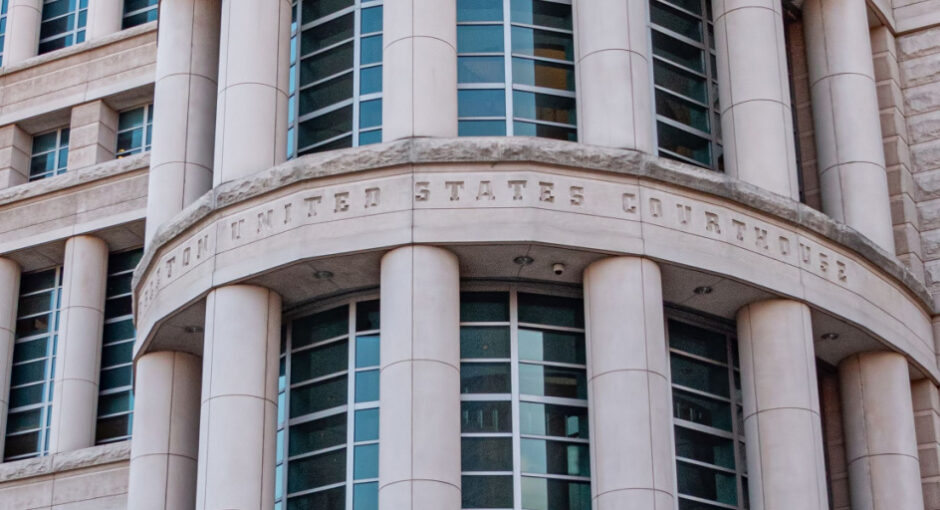Pharmaceutical Research and Manufacturers of America asked a U.S. appeals court in St. Louis, Mo. last week to strike down Arkansas’s first-of-its-kind 340B contract pharmacy law, arguing that it intrudes on the 340B statute and frustrates Congress’ intent to limit 340B and its burdens on drug manufacturers.
PhRMA is appealing a federal district judge’s ruling in December that Arkansas Act 1103 is preempted by neither the 340B statute nor the Food, Drug and Cosmetic Act (FDCA). The law says manufacturers (1) may not prohibit pharmacies from contracting with 340B covered entities by denying access to the drugs they make and (2) may not deny 340B pricing “for an Arkansas-based community pharmacy” that receives 340B-purchased drugs under a 340B contract pharmacy arrangement. It was passed in May 2021 and the state insurance department published implementing regulations in September 2022.
Comparable legislation has been introduced this year in Connecticut, Kansas, Mississippi, and Missouri.
PhRMA told the U.S. Eighth Circuit Court of Appeals in a brief filed Feb. 22 that Act 1103 tries “to dictate as a matter of state law how the federal 340B program should operate, despite having no authority to impose conditions on participation in a uniquely federal program.”
“Regardless of Act 1103’s ostensible purpose, Arkansas cannot enforce a state law that intrudes on and reshapes a comprehensive federal statute or directly conflicts with federal mandates,” PhRMA said.
The state and health care providers given permission to intervene in the case have until March 27 to file their reply.
PhRMA said Act 1103 “impermissibly intrudes on the field surrounding operation of the federal 340B program by purporting to define under state law how manufacturers must fulfill their obligations under this federal program, and by establishing alternative state-law procedures and penalties to enforce those obligations.”
It said the U.S. Supreme Court recognized in its 2011 decision in the 340B lawsuit AstraZeneca v. Santa Clara that “each aspect of 340B is integral to the functioning of the whole.”
“And the centralization of administration and carefully defined enforcement authority within HHS was designed to ensure that manufacturer obligations under 340B did not unduly burden manufacturers, who could potentially leave 340B and be forced to withdraw from participating in Medicare Part B and Medicaid as well,” PhRMA said.
“Arkansas has impermissibly trespassed on exclusively federal turf,” PhRMA said.
PhRMA said Act 1103 also should be struck down on the grounds that it interferes with Congress’ intent to place “strict limits on the categories of covered entities and conveyance prohibitions, to cabin the scope of the federal 340B program and the costs imposed on manufacturers.”
What’s more, PhRMA said, the state law’s inclusion of an enforcement mechanism “undermines Congress’s intent to vest exclusive oversight, enforcement, and (most notably) dispute-resolution authority in HHS, raising the specter of inconsistent results in the competing state and federal systems.”
PhRMA said that, because the Arkansas law makes no exception for distribution of drugs that are controlled under FDCA, the state law “compels conduct that federal law forbids—a textbook case of impossibility preemption. … Absent relief, manufacturers will be forced to choose between violating federal law, at the risk of federal civil monetary penalties and criminal liability, or violating Act 1103, at the risk of state-law penalties.”


